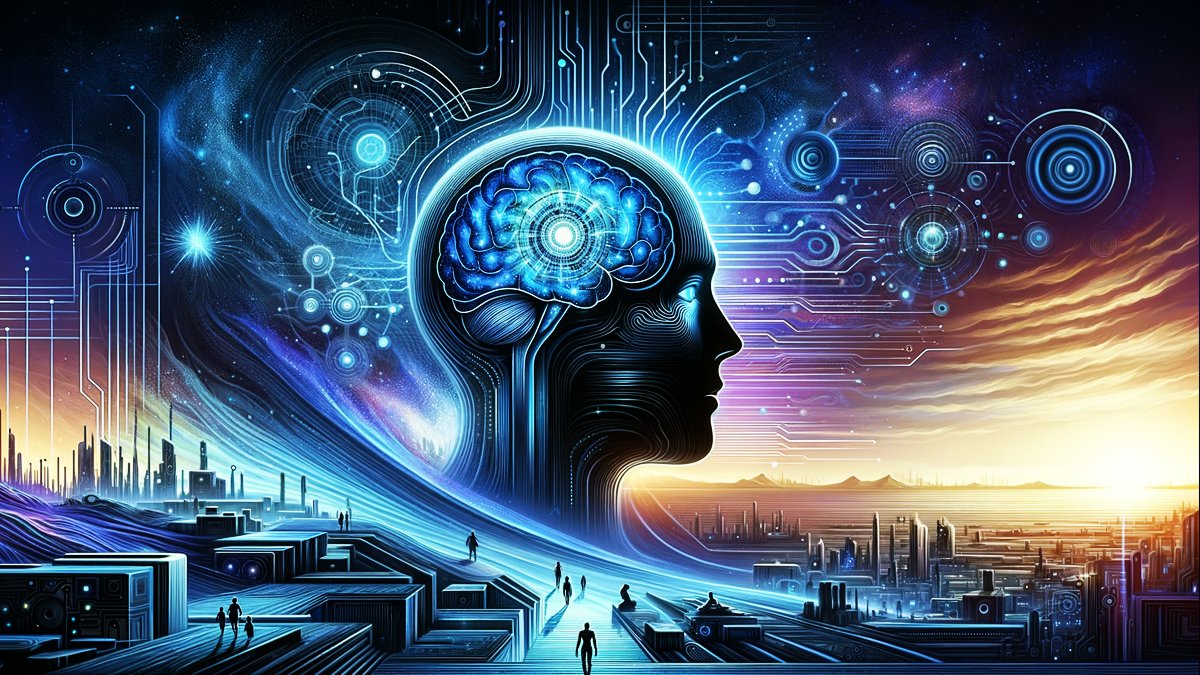The technological singularity is a concept widely explored in science fiction. It represents a hypothetical point in the future where technological advances, particularly in artificial intelligence (AI), would bring about such a radical and unpredictable change that all aspects of human civilization would be completely transformed. In his work “La Nuit des temps,” René Barjavel imagines a future where a benevolent intelligence governs human society. Similarly, in the universe of “The Culture” created by Iain M. Banks, it is also an AI that ensures the proper functioning of this space utopia.
Predictions Regarding the Advent of General Artificial Intelligence
Artificial intelligence has already made significant progress in recent years, with specific systems capable of outperforming humans in certain specific tasks. However, the advent of general artificial intelligence (AGI), capable of learning and understanding any field as a human would, remains uncertain. Six months ago, Ray Kurzweil estimated that this could happen in 20 years, while the director of Google DeepMind suggested a horizon of one decade. More recently, during a interview with Decrypt media, an AI specialist stated that the timeline before the advent of AGI is likely between three and eight years.
Recent Advances in Artificial Intelligence
This latest prediction is particularly linked to advancements made in linguistic models such as Llama2 developed by Meta and GPT-4 designed by OpenAI. These systems represent a true revolution in the field of artificial intelligence and have significantly increased public interest in AGI. In this context, companies working towards the development of AGI can count on more financial and human resources to achieve this ultimate goal. Notable players in this field include OpenAI, Google DeepMind, and xAI, founded by Elon Musk.
The Implications of General Artificial Intelligence on Our Society
It is currently impossible to precisely predict how the emergence of AGI could affect our society, but most artificial intelligence specialists agree that the changes brought about would be very profound.
Unprecedented Disruptions for Jobs and the Economy
An increased presence of generalist artificial intelligences in various sectors is likely to lead to a radical restructuring of the economy. Jobs currently performed by humans could be carried out much more efficiently and quickly by AGI, necessitating anticipation and adaptation to disruptions in the labor market.
Ethics and Regulations in the Face of the Technological Singularity
The numerous ethical questions raised by artificial intelligence are only amplified by the possibility of a general AI. How can we ensure respect for moral values and individual rights in the face of such an entity? What control will we have over these technologies? Will current regulations be sufficient to govern this revolution? In light of these challenges, it is crucial that researchers, entrepreneurs, and policymakers work hand in hand to prepare for the future and ensure that the advent of general artificial intelligence occurs for the benefit of all of society and not to the detriment of humanity.






